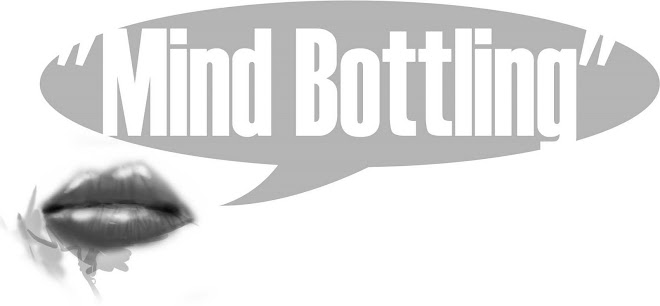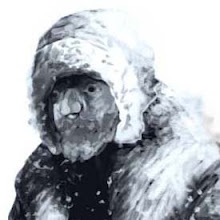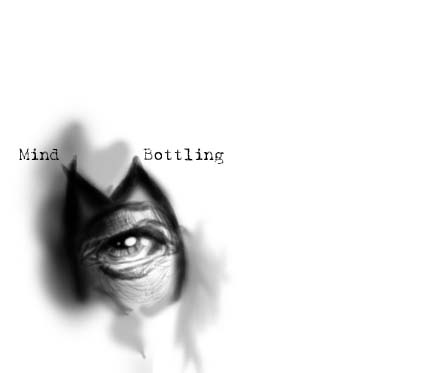
What if there was an ornithologist, which is a scientist who studies birds, who wanted to determine whether or not all ravens were black. The easiest and most reasonable thing for him to do would be to go outside and look for a raven that wasn’t black. Smart, right?
On the contrary, if he went outside and sees tons of ravens and every one of them was black, his theory would be supported, but never proven. However, each new black raven that he found would add a little more evidence that all ravens were black.
But now suppose that he was lazy. Instead of looking for ravens, he decided upon using another method that he devised.
Because the statement “all ravens are black” is logically equivalent to the statement “all nonblack objects are nonravens”, he decided to look for nonblack nonravens to prove his point. Now he didn’t even have to search in the woods to find evidence, which included brown chairs, orange oranges, or anything else that wasn’t black or a raven.
But how is it possible that searching for orange oranges would contribute to the hypothesis that all ravens are black? In reality, it wouldn’t be a very bright idea to confirm a hypothesis on the number of nonblack nonravens that one could find. In theory, however, it’s possible. The evidence that finding a brown chair would provide may be infinitesimal, but it would still provide an example of an object that wasn’t a nonblack raven. What’s more is that finding most nonblack nonravens would provide examples of nonwhite nonravens. How would it be possible for one fact to support two contradictory claims?
This is now known as the Hempel’s Ravens Paradox and it was devised by Carl Hempel in 1946.




